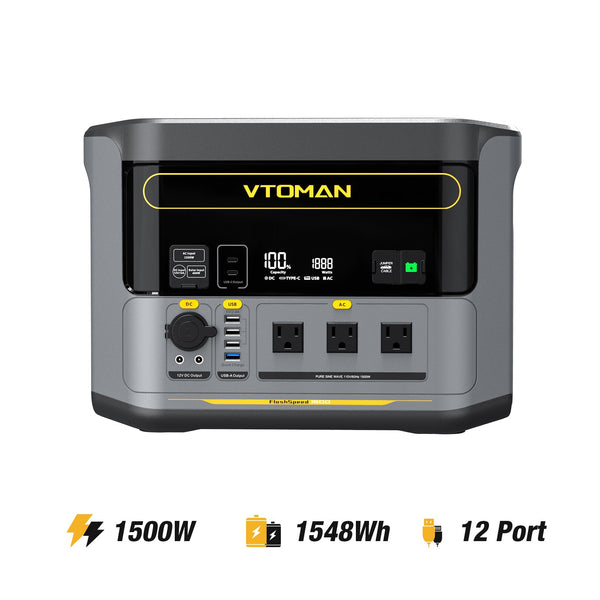In an era where energy reliability is paramount, home battery backup systems have emerged as a vital solution for homeowners. These systems not only provide peace of mind during power outages but also contribute to energy efficiency and sustainability. Understanding the advantages of these systems can help you make an informed decision about your home’s energy needs.

What is a Home Battery Backup System?
A home battery backup system is designed to store energy for later use, ensuring that your home remains powered during outages or peak demand times. These systems typically charge from the grid or renewable energy sources, such as solar panels. When the grid goes down, the stored energy can be used to power essential appliances, keeping your household running smoothly.
Key Benefits of Home Battery Backup Systems
- Energy Independence: With a home battery backup, you can reduce your reliance on the grid. This independence is especially beneficial during natural disasters or grid failures.
- Cost Savings: By storing energy during off-peak hours and using it during peak hours, homeowners can significantly lower their electricity bills.
- Environmental Impact: Many systems can be paired with solar panels, allowing homeowners to utilize renewable energy and reduce their carbon footprint.
- Increased Property Value: Homes equipped with energy storage solutions often have higher resale values, making them an attractive investment.
How Do Home Battery Backup Systems Work?
Understanding the mechanics of a home battery backup system is crucial. These systems typically consist of a battery bank, an inverter, and a management system. The battery bank stores energy, while the inverter converts the stored DC energy into AC power for household use. The management system monitors energy usage and optimizes performance. If you are considering installation, it is advisable to consult with a professional to assess your specific needs.
Choosing the Right Home Battery Backup System
When selecting a home battery backup system, consider the following factors:
- Capacity: Determine how much energy you need to store based on your household consumption.
- Type of Battery: Lithium-ion batteries are popular for their efficiency and longevity, but other options are available.
- Integration: Ensure the system can integrate with your existing solar panels or energy sources.
- Warranty and Support: Look for systems that offer robust warranties and customer support.
For those interested in exploring high-quality options, check out  for a range of reliable energy solutions.
for a range of reliable energy solutions.
Conclusion
In conclusion, investing in a home battery backup system is a wise decision for any homeowner looking to enhance energy reliability, reduce costs, and contribute to a sustainable future. As energy demands continue to rise, having a backup plan is not just a luxury; it is becoming a necessity. By understanding the advantages and functionalities of these systems, you can make an informed choice that benefits both your home and the environment.



